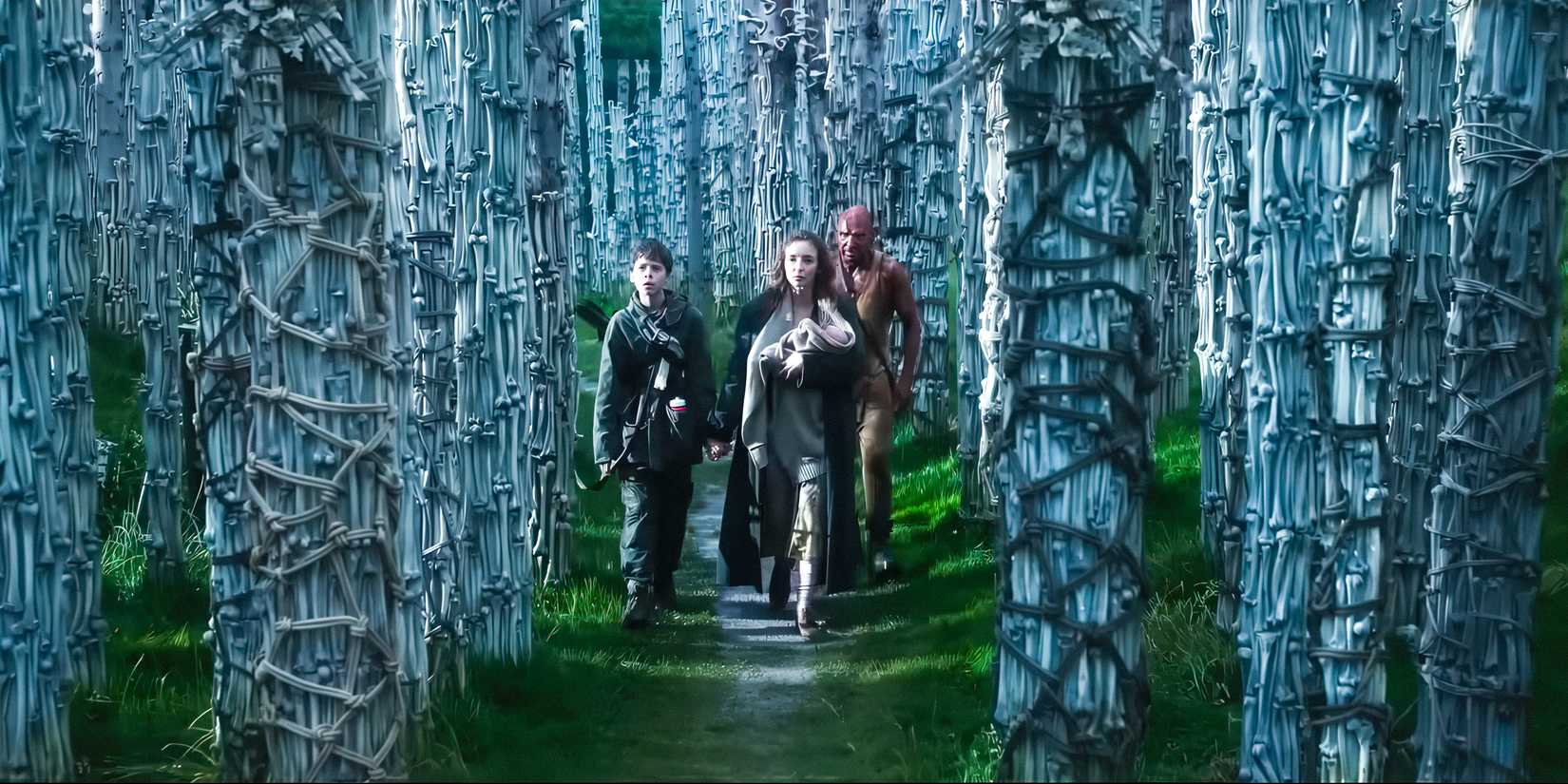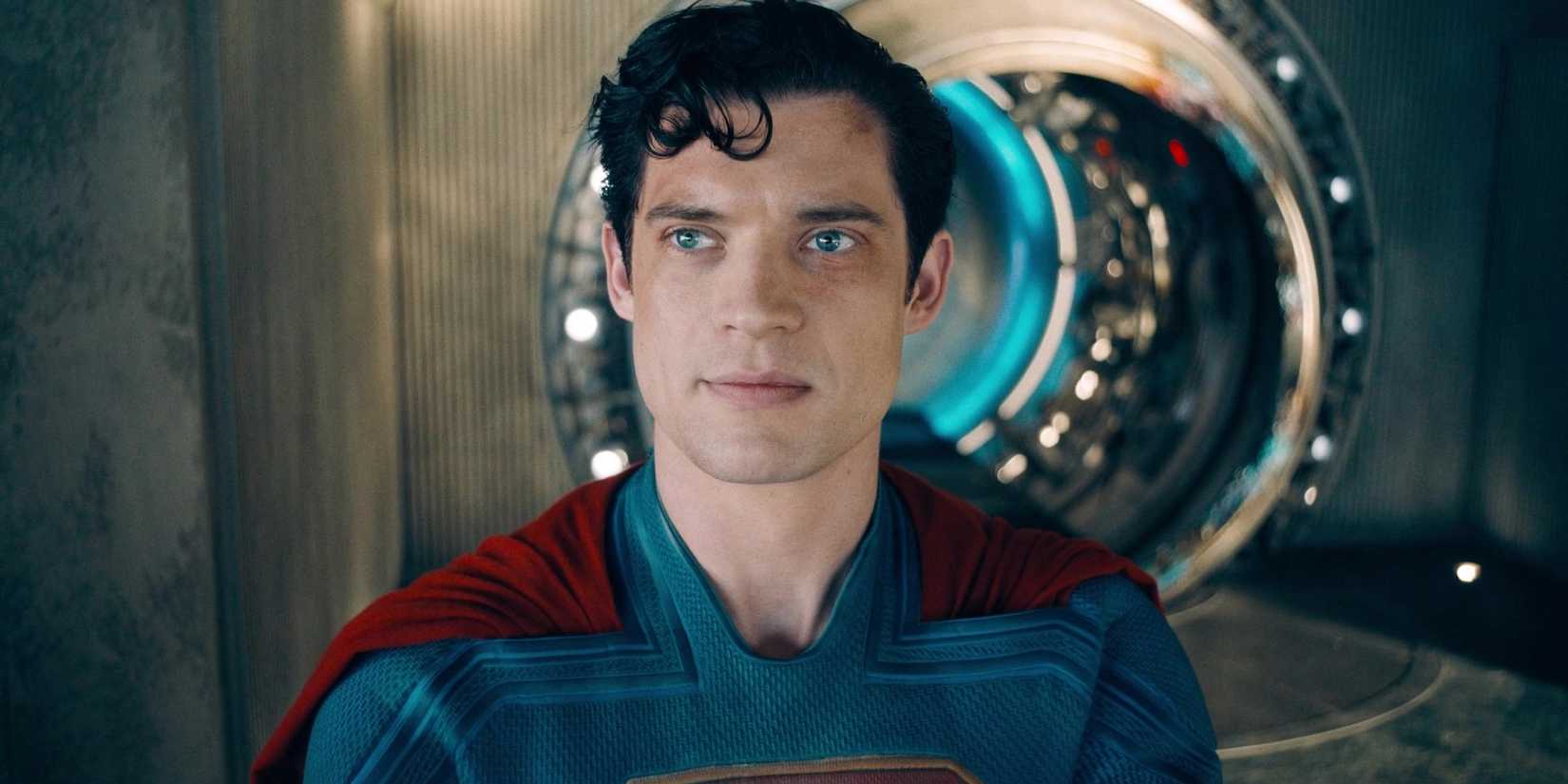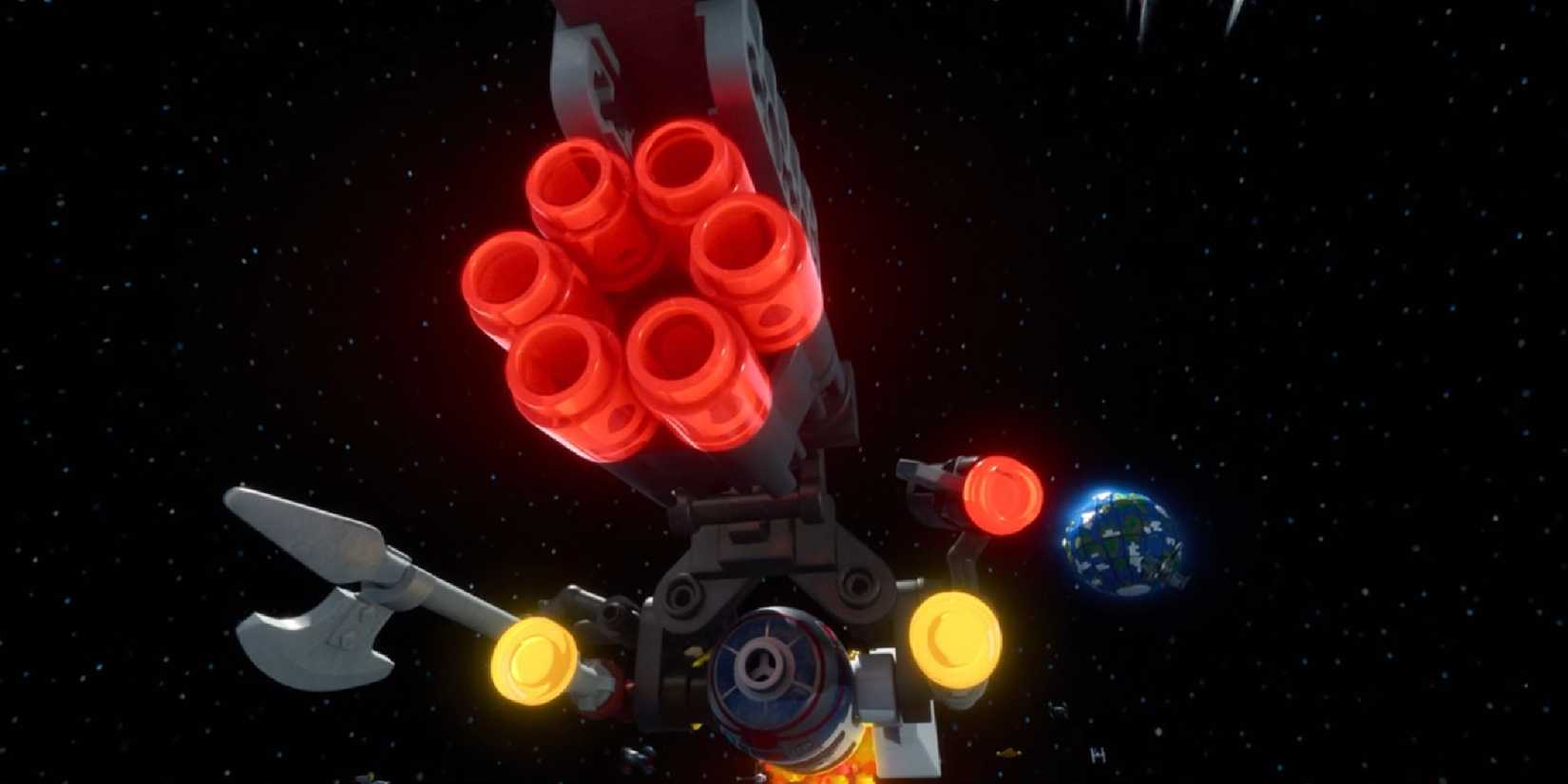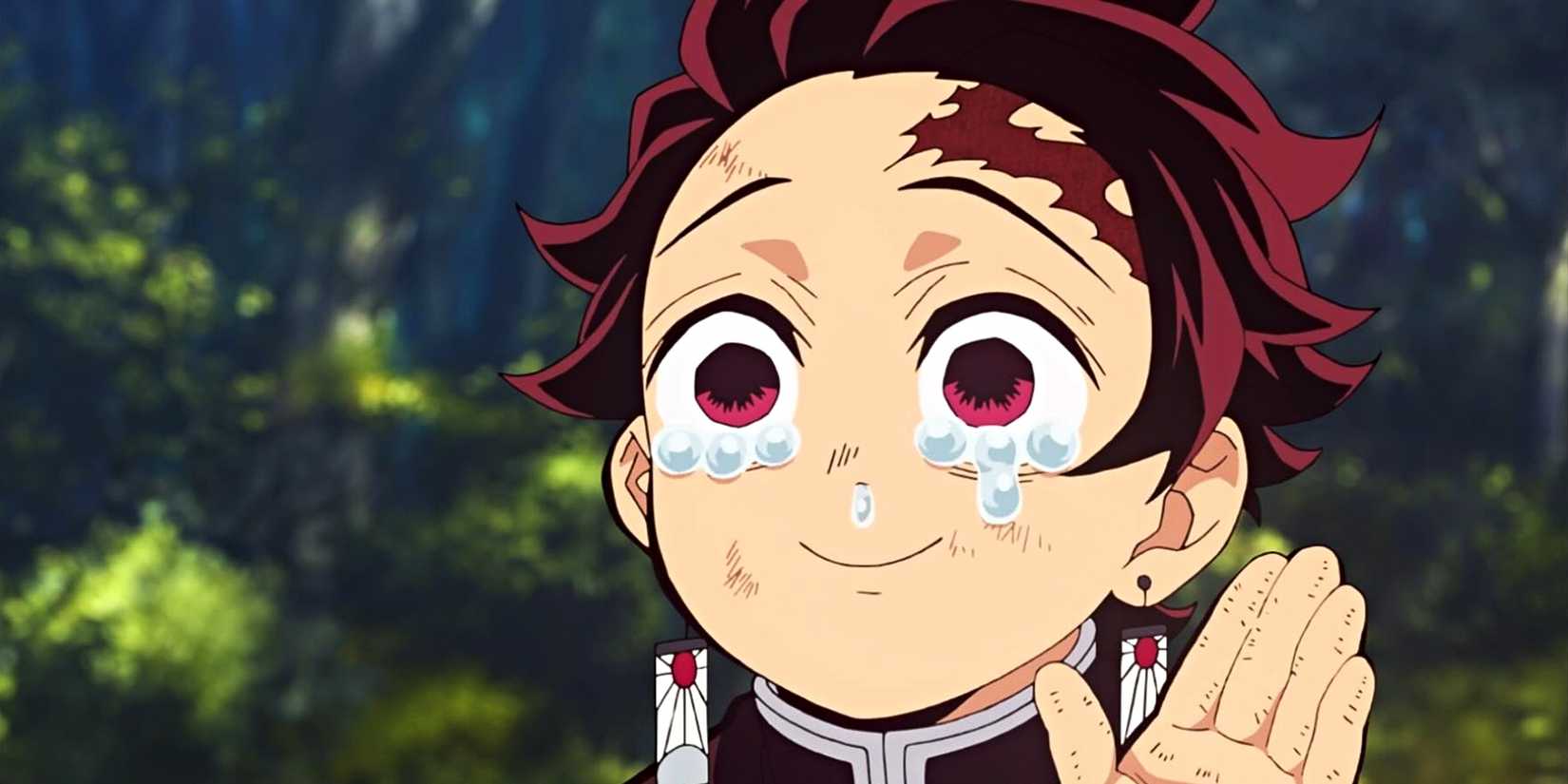The Lord of the Rings has a monster that is so evil that a black metal song was written to celebrate it. The Lord of the Rings has influences that stretch throughout all the arts, from movies and TV shows to music and literature. If there is one music genre that honors the franchise the most, it is heavy metal music.
There is a black metal album that actually celebrates all things Lord of the Rings. On the album is a song that was inspired by the monster known as Ungoliant. While this frightening and powerful monster was not in Peter Jackson’s movies, it was a big part of J. R. R. Tolkien’s legendarium, and it has been part of three different songs.
What Ungoliant Is In The Lord Of The Rings
Fans of The Lord of the Rings movies know all about Shelob, the giant spider-creature that the Hobbits had to face on their journey for the One Ring. This is where Ungoliant comes into the picture. The monster was another giant spider, one who teamed up with Morgoth, the original villain in J. R. R. Tolkien’s world.
It was Morgoth who corrupted Sauron before the Elves or Men arrived in Middle-earth. Ungoliant lived in the First Age, and her descendants remained on Middle-earth when the Lord of the Rings began. Shelob was one of Ungoliant’s descendants, making this monster very important in the grand scheme of things.
Tolkien explained in his writings that Ungoliant was a primeval spirit of night, named Móru. Like Shelob, Ungoliant is a female giant and something that breeds and feeds in darkness, evil, and is always hungry. It is theorized that Ungoliant was the oldest creature in Arda to be made of pure darkness.
When Ungoliant teamed up to work with Morgoth, the Dark Lord promised her anything she wanted in return for her destroying the Two Trees of Falinor. However, as expected, this was a lie, and he quickly betrayed her after she fulfilled her purpose, only to discover that she was stronger than he ever imagined.
While Ungoliant never appeared in any of The Lord of the Rings movies or TV shows, Rings of Power has hinted at other Nameless Things, so this incredible monster’s might could end up being explored in the future.
Ungoliant Inspired A Song On A Classic Black Metal Album
There are three songs based on the tales of Ungoliant. German power metal band Blind Guardian has a song “Into the Storm,” which is about Ungoliant’s conflict over the Silmaril. Celtic metal band Crauchan has a song called “Ungoliant” and another called “Shelob.” However, black metal band Summoning had an entire LOTR-themed album.
Summoning is an Austrian black metal band that released the album Minas Morgul in 1995. This was the band’s second studio album, which helped them gain more fans thanks to its lyrics that incorporated J.R.R. Tolkien’s themes, contributing to the album’s almost universal positive reviews.
The seventh song of the album, specifically, was called “Ungolianth,” which is a misspelling of the name Ungoliant. The lyrics to the song not only reference Ungoliant, but also her dwelling place on Avathar, her alliance with the Dark Lord Morgoth, who claimed the Silmarils.
How Strong Ungoliant Is Compared To Other Lord Of The Rings Villains
There were powerful enemies in The Lord of the Rings trilogy and its prequels, but none of them came close to the power of Ungoliant. Shelob, a ᴅᴇᴀᴅly spider who almost killed Frodo, was frightfully powerful. However, it is improbable that this monster, a pet of Sauron, could have matched the power of her mother.
When breaking down the most powerful monsters that J. R. R. Tolkien created in his writings, nothing matched the level of Ungoliant. When Morgoth won her allegiance, Ungoliant began to feast on the Two Trees of Falinor, which were the source of light there, and this allowed her to grow to an ungodly size.
According to The Silmarillion, Ungoliant was one of the creatures corrupted into Morgoth’s service in the beginning, which means she was likely a Maia, like Sauron. She was not as powerful as Morgoth at that time, but after feeding on the light of the two trees, she quickly grew in might.
After Ungoliant and Morgoth worked together, they were demonstrably closer in strength when they fought. She finally turned on Morgoth when she saw he was withholding what he owed her. When she attacked Morgorth, his screams forever scarred the land, a terrifying example of her power.
Ungoliant did run in fear when Morgorth’s cries brought the Balrogs to his aid, and seeing the growing numbers, she fled in fear. This is when she settled down and began to deliver her babies, which included Shelob.
This means that she is, easily, above Sauron and any other villain from The Lord of the Rings trilogy regarding strength levels. It is also noted that no one could ever defeat Ungoliant, and her hunger was so insatiable that she ended up devouring herself in the end, a fitting ending for such a mighty creature.
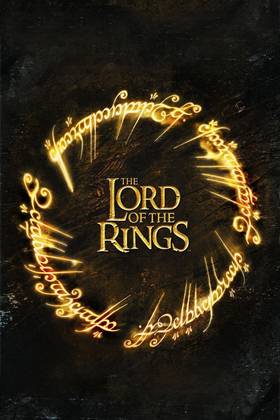
The Lord of the Rings
- Movie(s)
-
The Lord of the Rings (1978), The Lord of the Rings: The Fellowship of the Ring, The Lord of the Rings: The Two Towers, The Lord of the Rings: The Return of the King, The Hobbit: An Unexpected Journey, The Hobbit: The Desolation of Smaug, The Hobbit: The Battle of the Five Armies, The Lord of the Rings: The War of the Rohirrim
- Created by
-
J.R.R. Tolkien
- First Film
-
The Lord of the Rings (1978)
- Cast
-
Norman Bird, Anthony Daniels, Elijah Wood, Ian McKellen, Liv Tyler, Viggo Mortensen, Sean Astin, Cate Blanchett, John Rhys-Davies, Billy Boyd, Dominic Monaghan, Orlando Bloom, Christopher Lee, Hugo Weaving, Sean Bean, Ian Holm, Andy Serkis, Brad Dourif, Karl Urban, Martin Freeman, Richard Armitage, James Nesbitt, Ken Stott, Benedict Cumberbatch, Evangeline Lilly, Lee Pace, Luke Evans, Morfydd Clark, Mike Wood, Ismael Cruz Cordova, Charlie Vickers, Markella Kavenagh, Megan Richards, Sara Zwangobani, Daniel Weyman, Cynthia Addai-Robinson, Lenny Henry, Brian Cox, Shaun Dooley, Miranda Otto, Bilal Hasna, Benjamin Wainwright, Luke Pasqualino, Christopher Guard, William Squire, Michael Scholes, John Hurt




